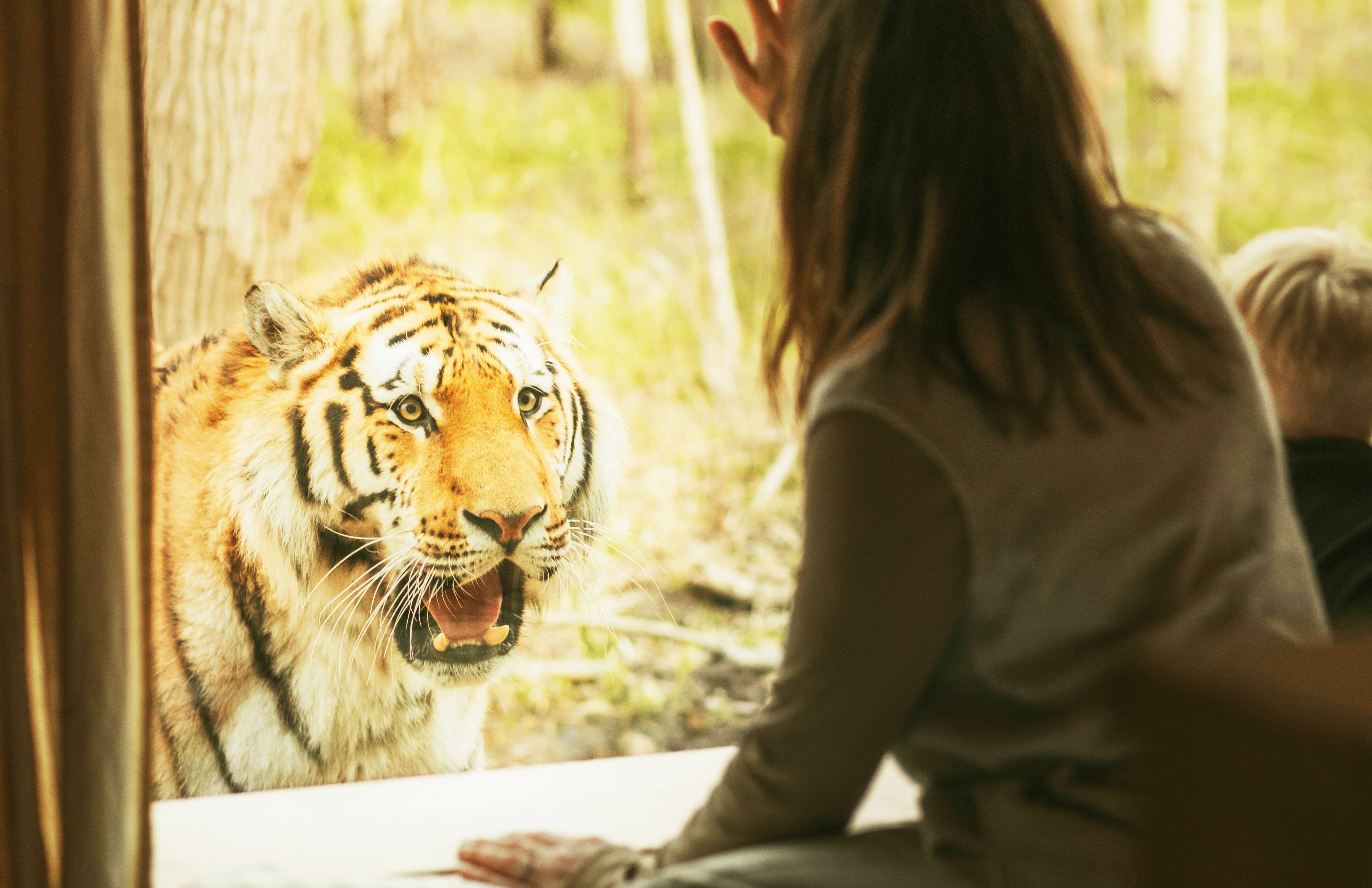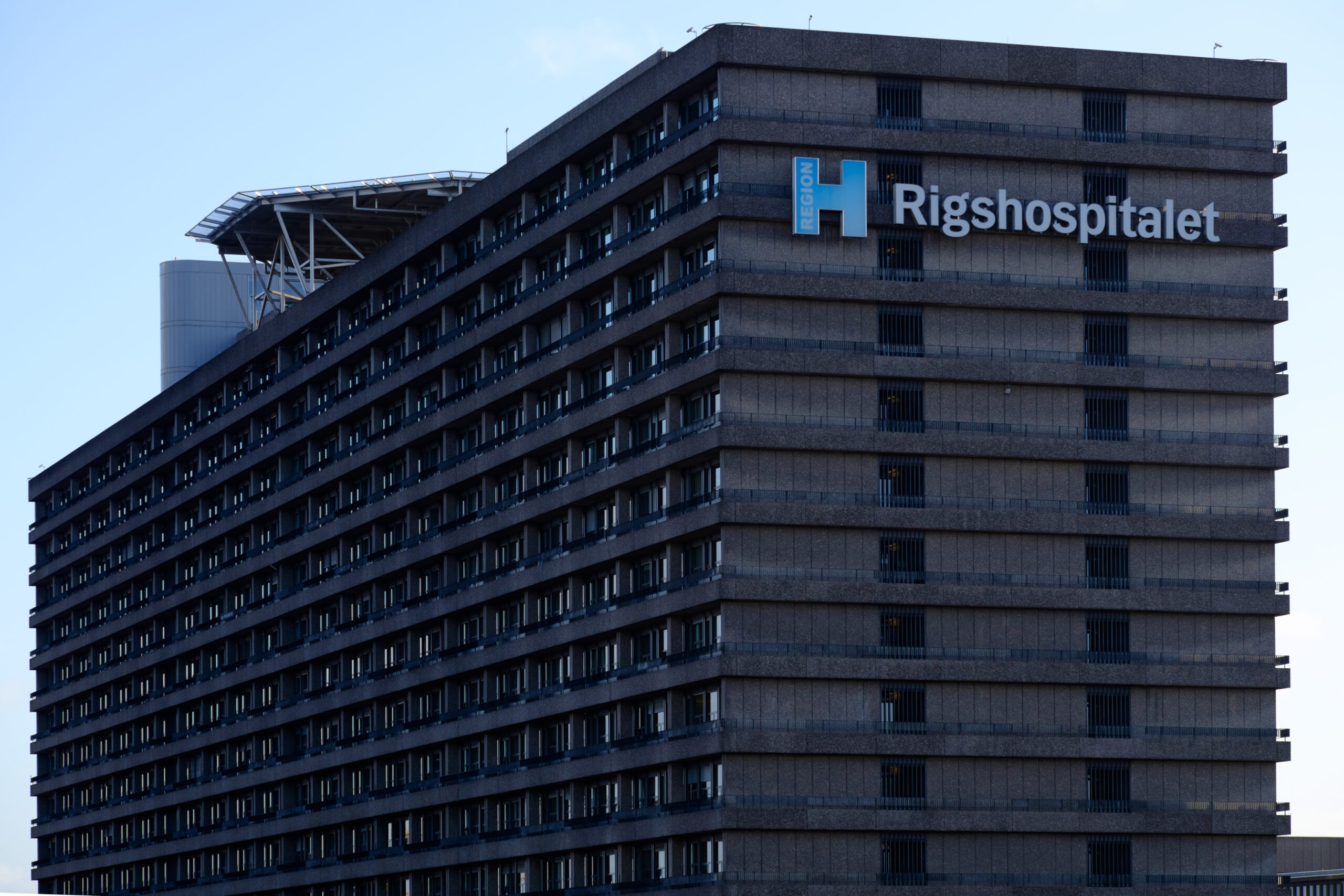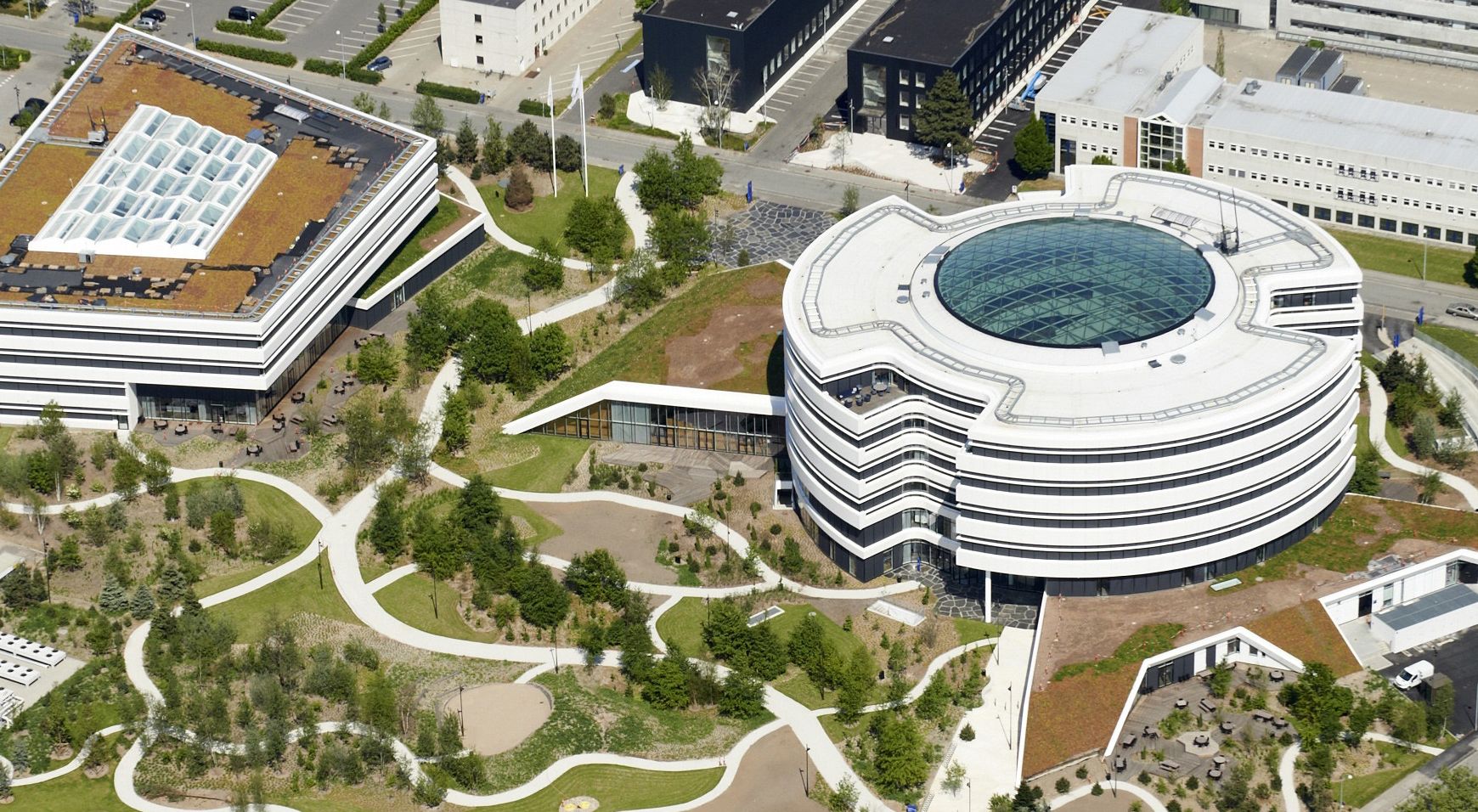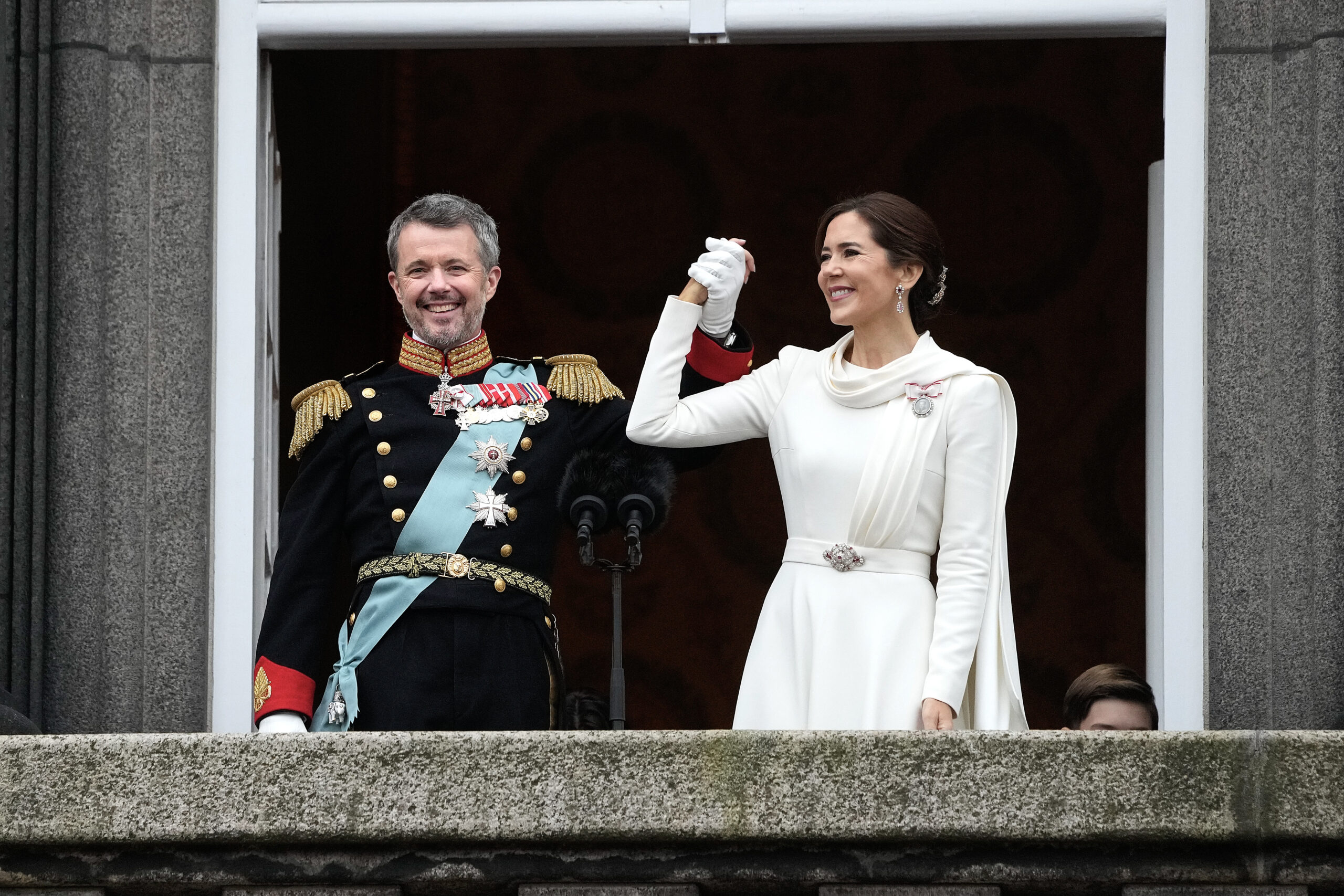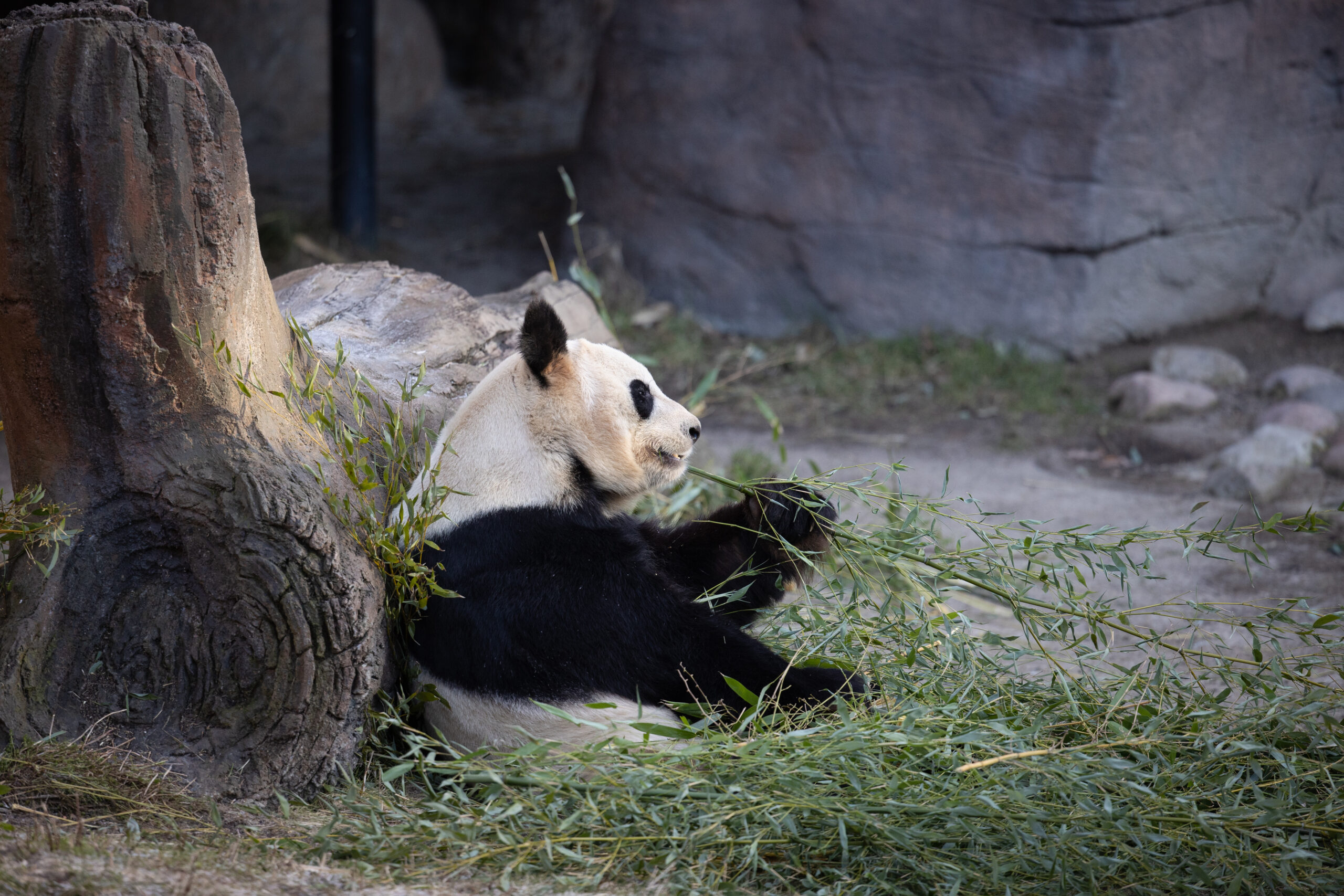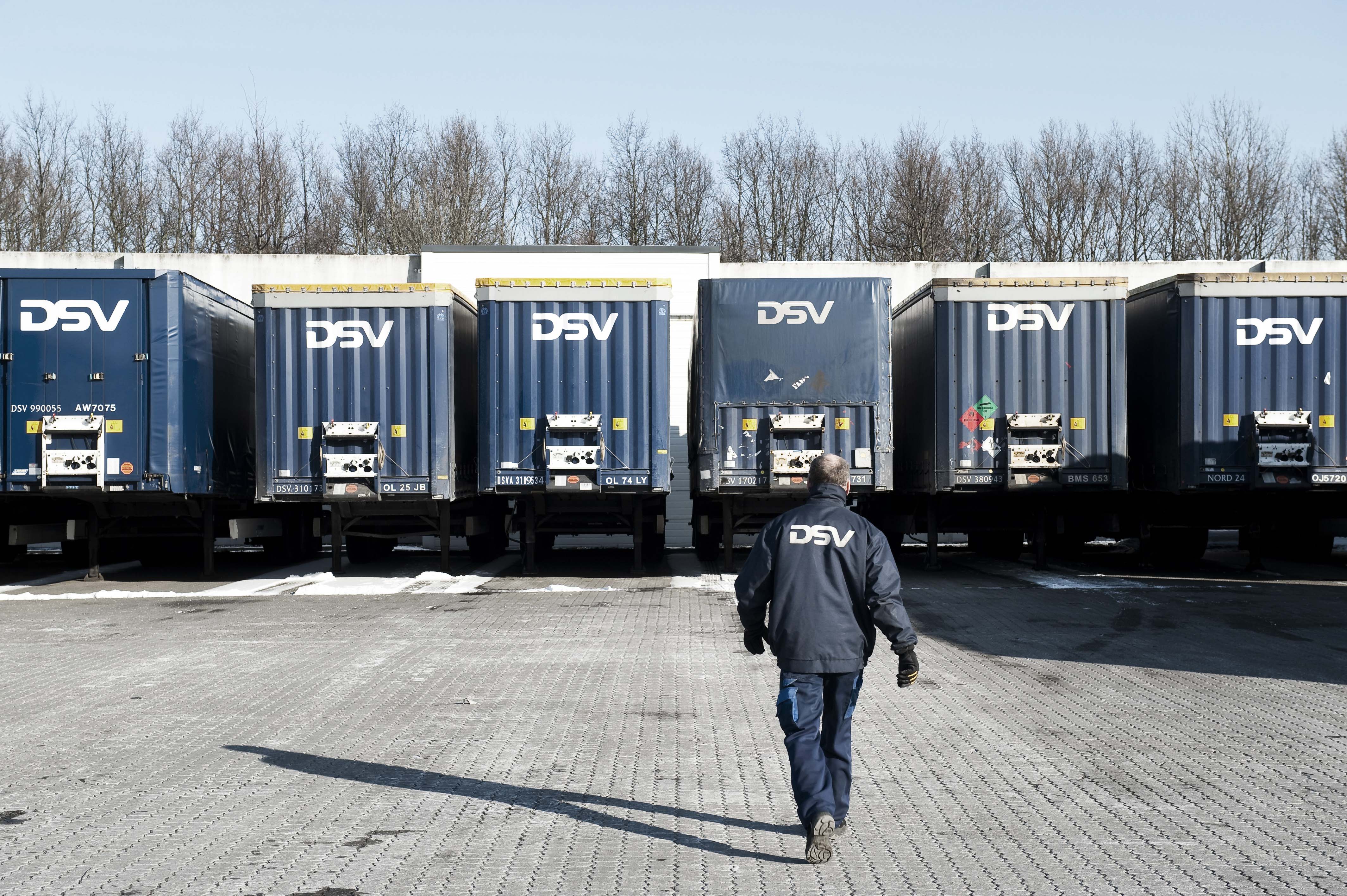Get closer to nature and have a five star experience without leaving the country. This is what glamping offers and why an increasing number of Danes have opened their hearts to such a popular way of relaxing.
In short, glamping combines proximity to nature and camping with the luxury of hotels.
Especially during the corona pandemic, many Danes became more aware that you don’t necessarily need to travel far to find great places and nature experiences in Denmark or countries like Sweden and Norway, where the glamping trend has also grown.
In fact there are plenty of places within short range of Copenhagen where you can experience nature in a spectacular way.
Camp Adventure, near Næstved to the south of the capital, where guests sleep in well equipped Mongolian yurts in the forest, is one such place.
Others include Ryegaard Dyrehave – located not far from Roskilde and Holbæk, which offers luxurious treetop cabins six metres above the ground – and the safari park Knuthenborg Safaripark, located in Maribo on the southerly island of Lolland, where you can stay the night within earshot of tigers, giraffes, elephants and monkeys, all sniffing around in the dark.
Boost during corona
Official glamping figures are hard to find, but a key reason why it has become more popular can be found in the increasing interest in getting closer to nature.
In March 2021, a Gallup survey conducted for the Danish Outdoor Council found that 40 percent of the respondents had used nature more in the past year than before the corona pandemic made its way to Denmark. In the same survey, almost nine out of 10 of the respondents who had embraced nature answered they would continue to do so to the same extent after the pandemic.
According to a new report from the Ministry of Industry, Business and Financial Affairs the Danish tourism industry is flying high after some difficult years. And the trend of an increasing demand for nature experiences and outdoor activities has been maintained.
“Denmark is a very special country to holiday in with experiences and destinations that are both attractive to the Danes themselves and our foreign guests,” Morten Bødskov, Minister for Industry, Business and Financial Affairs, said in a press release.
This glamping trend had a massive boost during the corona shutdown, but actually the glamping trend began prior to the crisis.
Internationally it began to gain momentum in the years following the global financial crisis. And especially in the past five years, it has started to take off in Denmark, where traditional camping for decades has been popular, as well. The number of places offering glamping has increased and in most parts of Denmark, it is possible to experience nature and spend the night in luxurious surroundings close to nature.
And even though the desire to travel abroad is back, the increasing number of places to go glamping indicates that a segment of society are willing to pay a substantial amount for these experiences.
Overall, the rise in popularity of glamping may also underline an increasing societal awareness of how to travel.
Further reading:
Links to places and hotels mentioned:
Knuthenborg Safaripark: knuthenborg.dk
Camp Adventure: campadveture.dk
Ryegaard Dyrehave: ryegaard.dk

